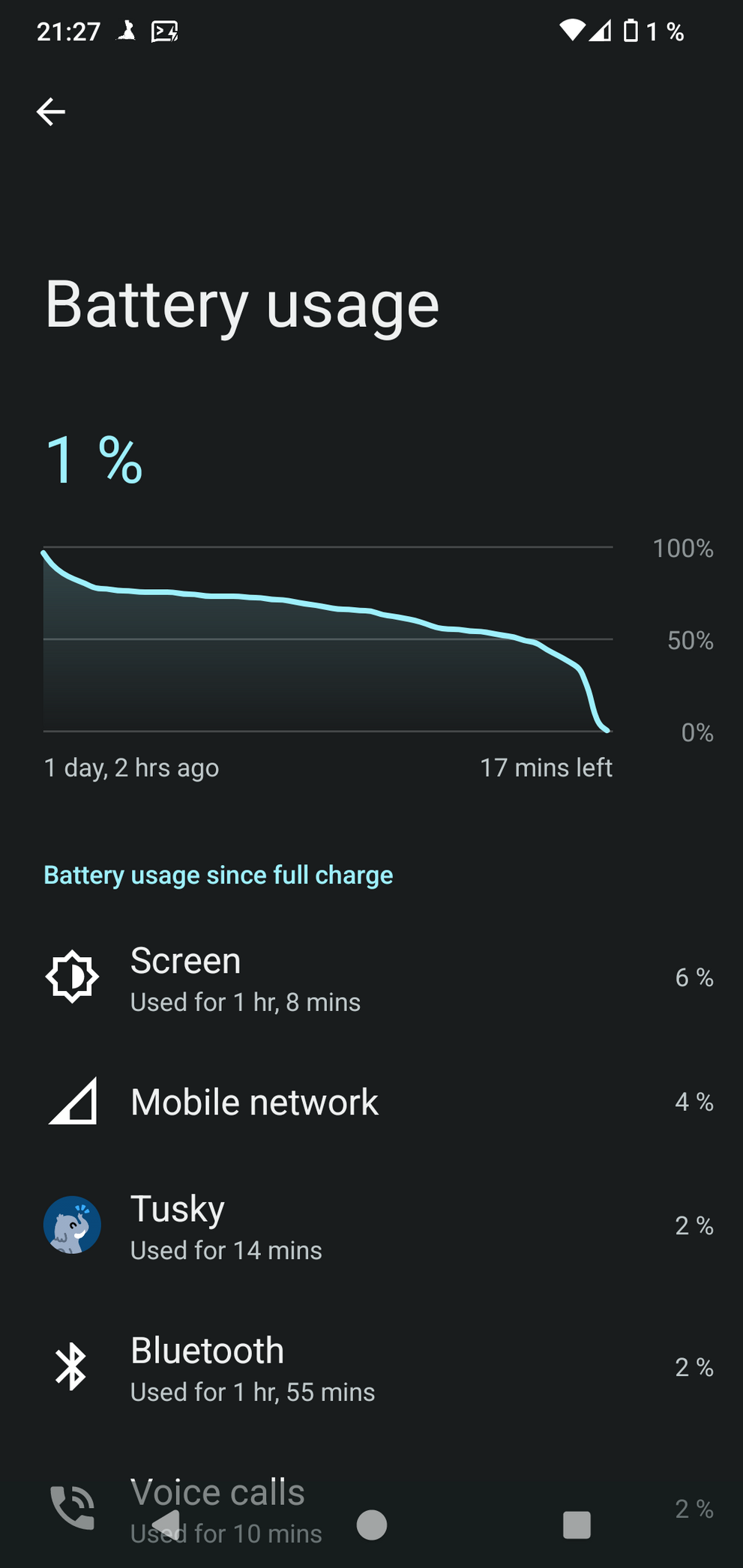Search
Items tagged with: lineageos
I respect the work that Signal has done, and Signal has been a great leader in pushing e2ee over the past 15 years. Signal can also do better on push. It is not a binary choice, other options provide much improved privacy with smaller hit on battery usage. @unifiedpush does that and falls back to Google push for devices that don't have #UnifiedPush built-in. @fdroidorg is also helping to get it integrated into #CalyxOS #LineageOS etc https://f-droid.org/2022/12/18/unifiedpush.html
1/

UnifiedPush: a decentralized, open-source push notification protocol | F-Droid - Free and Open Source Android App Repository
A modern Android smartphone relies on a lot of services, from app stores andcalendars to messaging and push notifications. Most of them have openalternatives...f-droid.org

GitHub - 0x192/universal-android-debloater: Cross-platform GUI written in Rust using ADB to debloat non-rooted android devices. Improve your privacy, the security and battery life of your device.
Cross-platform GUI written in Rust using ADB to debloat non-rooted android devices. Improve your privacy, the security and battery life of your device. - GitHub - 0x192/universal-android-debloater:...GitHub

